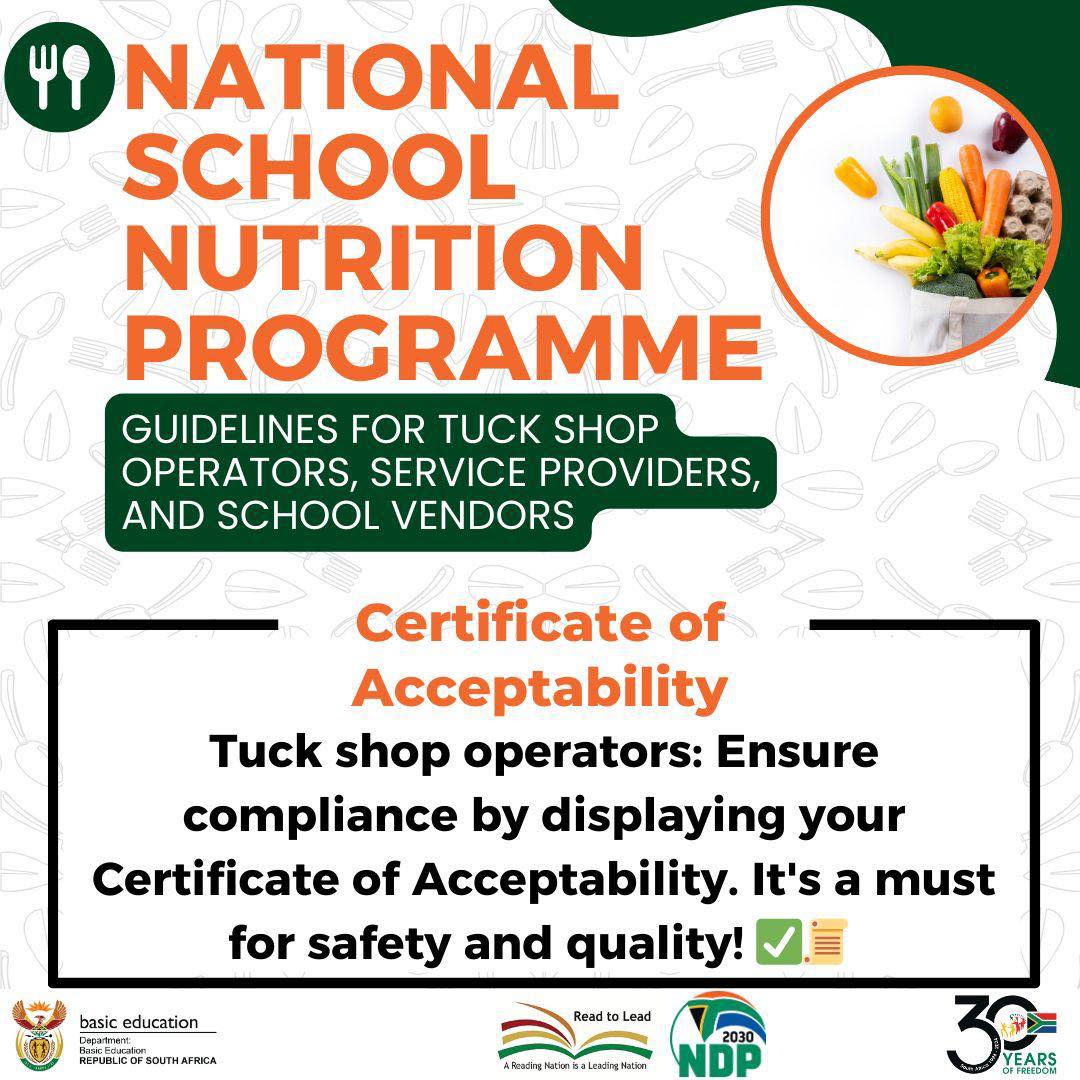By Prof. Busisiwe Mavuso
The department of trade, industry and competition (DTIC) could have a dramatic impact on the quality of the business environment. As parliament’s select committee on economic development and trade put it back in July, “Government needs to create a conducive business environment while creating appropriate regulation to direct investments in the economy.” The DTIC should be at the centre of those efforts, yet for many years the department has often frustrated business rather than supported it.
I must, however, hasten to say that I am very encouraged by new minister Parks Tau who was quick to engage with business to ensure open channels of communication. We have had numerous interactions with him, most recently on Friday as the Business Unity South Africa (BUSA) leadership team. The Minister really gets it. He has highlighted the importance of industrial policy that supports export-led growth and highlighted the need to revisit the Economic Recovery and Reconstruction Plan developed by B4SA during the COVID-19 pandemic to identify implementable strategies. He’s very clear about the importance of collaborative efforts, emphasizing the need to work together in crafting solutions and synchronizing our initiatives. These are all positive sentiments. But many of the institutions and regulations overseen by the department need reform to be effective in delivering the improvements in the business environment that we all desire.
So, I was pleased to read of the minister’s intentions to sort out the leadership of the department and many of the entities it oversees. The departmental leadership has had people in acting positions for years, while there have been many vacancies in entities it oversees. Reform can enable these entities to be very positive for the business environment if they are run effectively. Institutions like the SA Bureau of Standards support quality in SA industry while the special economic zones can be supportive of industrialisation. Business Day reported that the minister has said he will overhaul the boards of 11 of the 18 entities the DTIC oversees.
Among those named by the minister for review are important regulators like the Competition Commission and Takeover Regulation Panel, as well as funders like the Industrial Development Corporation, National Empowerment Fund and Export Credit Insurance Corporation, all of which have the potential to be important drivers of economic activity if they function optimally. The funding institutions should aim to crowd in private sector participation. There is an opportunity to mobilise significant investment across the economy if these institutions can catalyse wider investment in the economy from the private sector.
In the process of his review, the minister should be careful to support and encourage those in the leadership of these institutions who are effective. While the organisations may not perform perfectly, the wholesale replacement of boards creates major risks through the loss of institutional memory and experience. Many boards do have effective leaders within them, who may be frustrated by others. In reviewing performance, care must be taken to ensure the right people are kept in their roles. The boards must be given clear mandates and empowered to deliver on them. Leadership must be given political cover to focus on delivering. There should not be micromanagement and meddling from politicians, though they must ensure accountability from those put in leadership roles. There is enough evidence from the state-owned corporations of how boards and management teams are rendered ineffective by political meddling.
Historically, the relationship between the DTIC and organised business has not been as active as it could be and I am pleased to observe that this dynamic has shifted, and a more active and engaged partnership has emerged. Together, we can do many things to deliver an improved business environment. I look forward to working with those new leaders when they are appointed.
***
It is hard to imagine our body politic without Pravin Gordhan as part of it. As BLSA noted last week, he was a great South African who always put the country first. There is no better example of an effective public institution than the SA Revenue Service under his leadership. I had many engagements with him over the years in his roles as finance minister, and more so as minister of state-owned enterprises and our relationship was not an easy one. He was, however, always available to engage and was certainly no pushover. Even when we disagreed, I have no doubt that his intentions were always honourable. He stood for something and held the line. He pushed for excellence and held everyone to high standards, without compromise. My condolences to his wife, daughters, family, friends and comrades.










